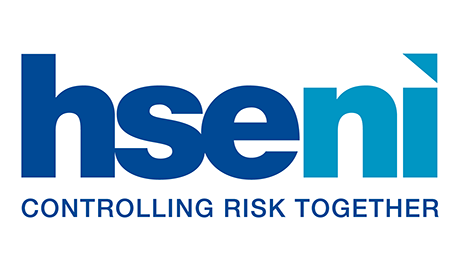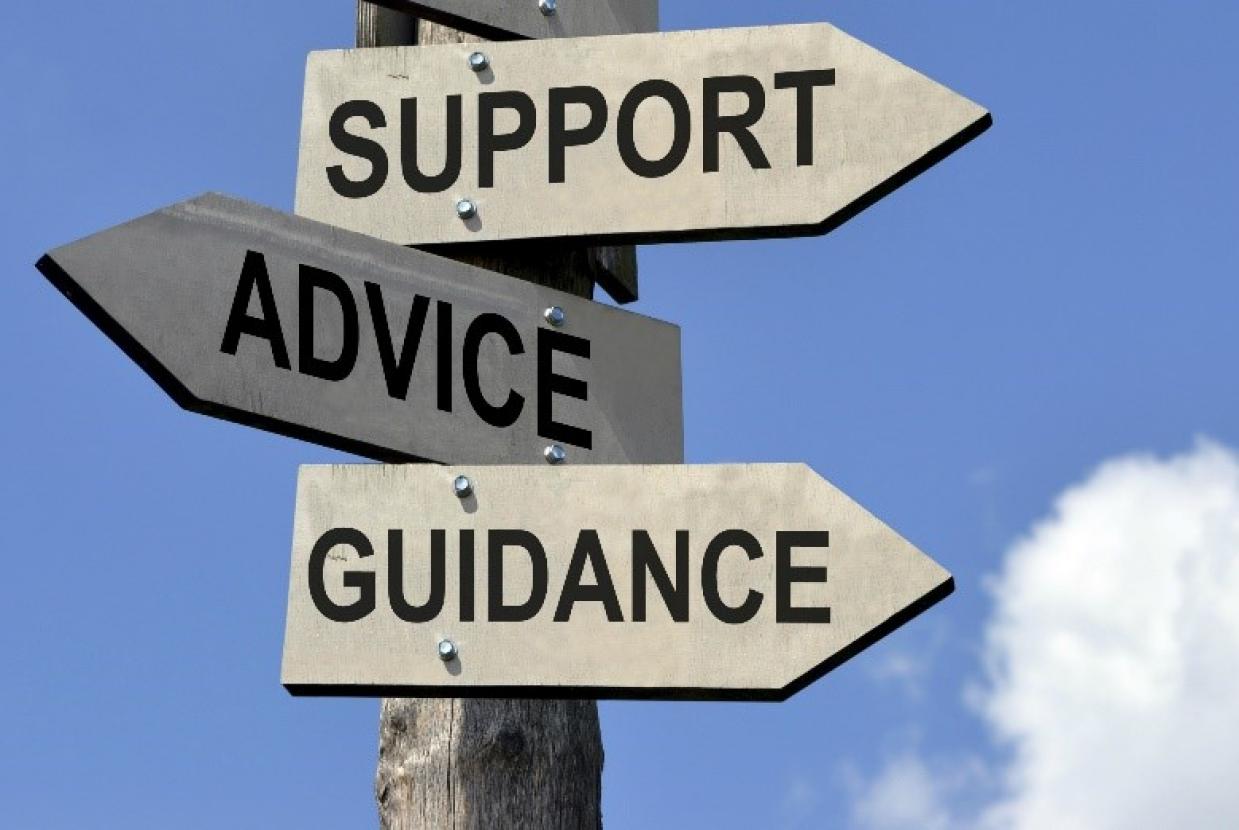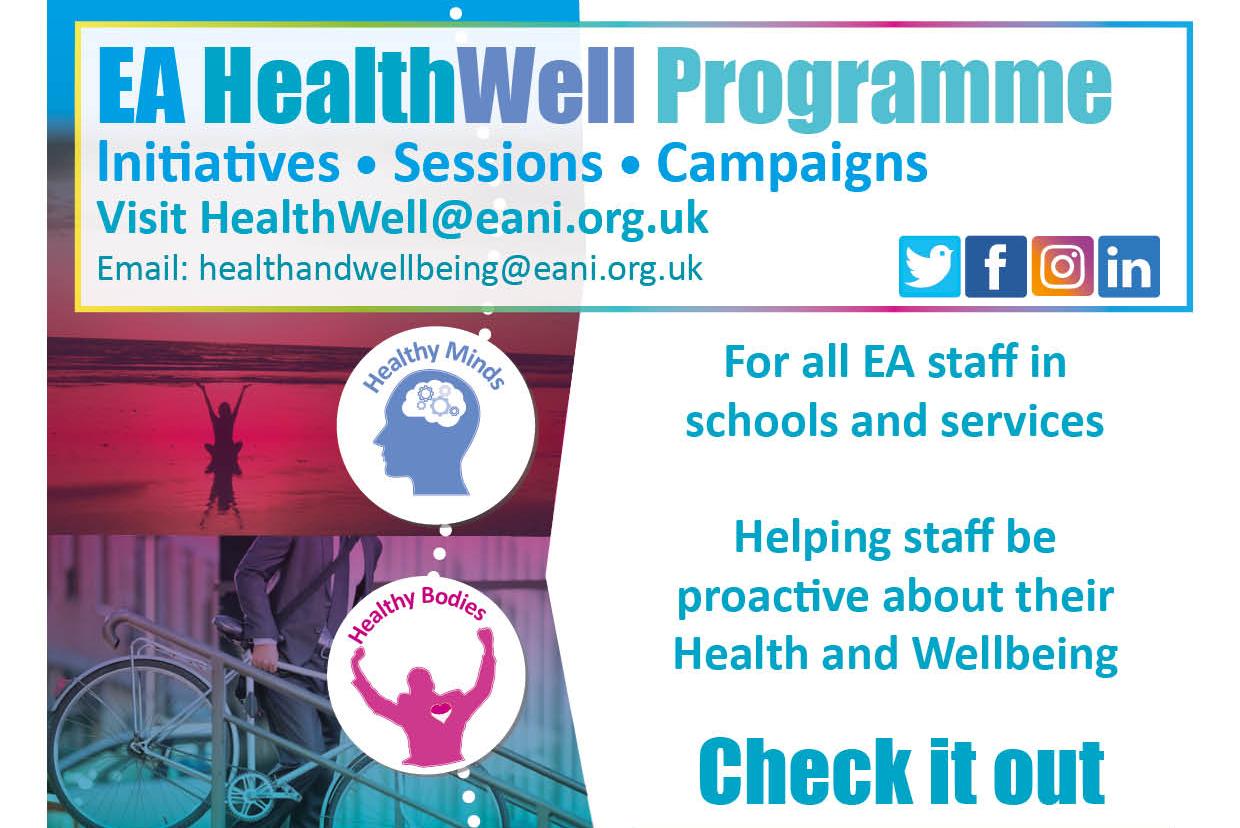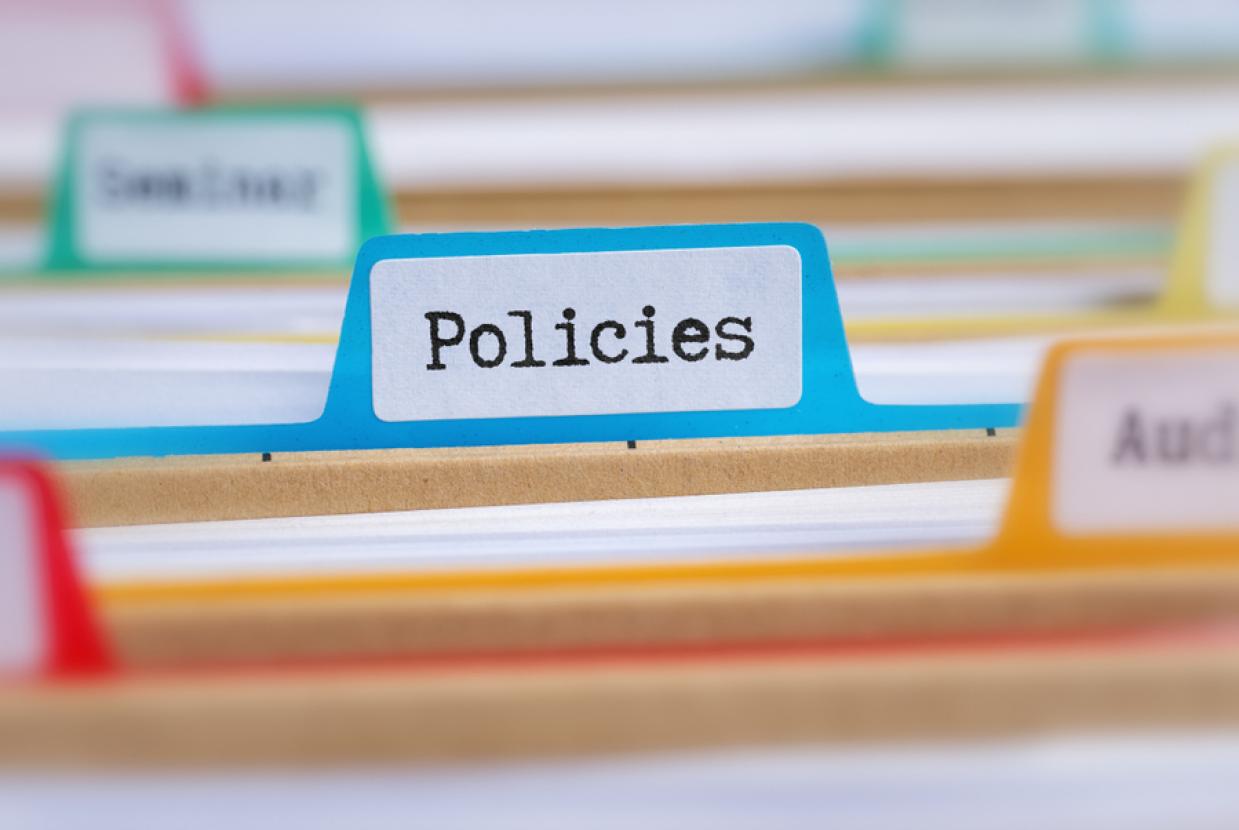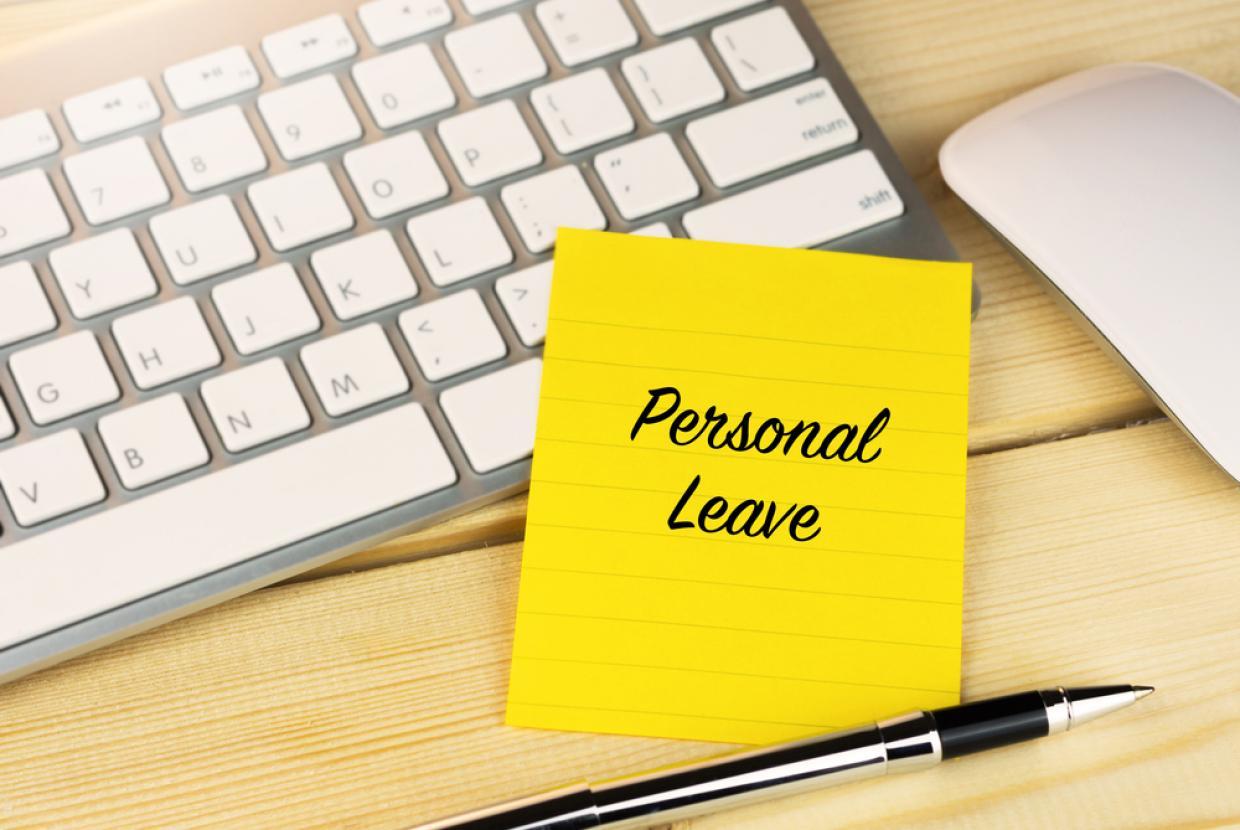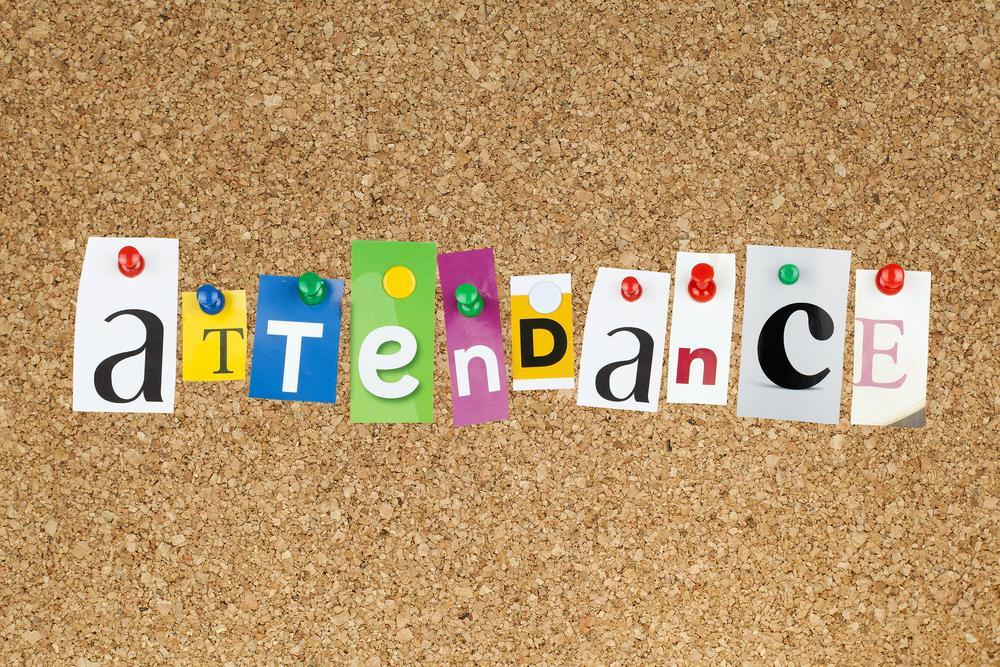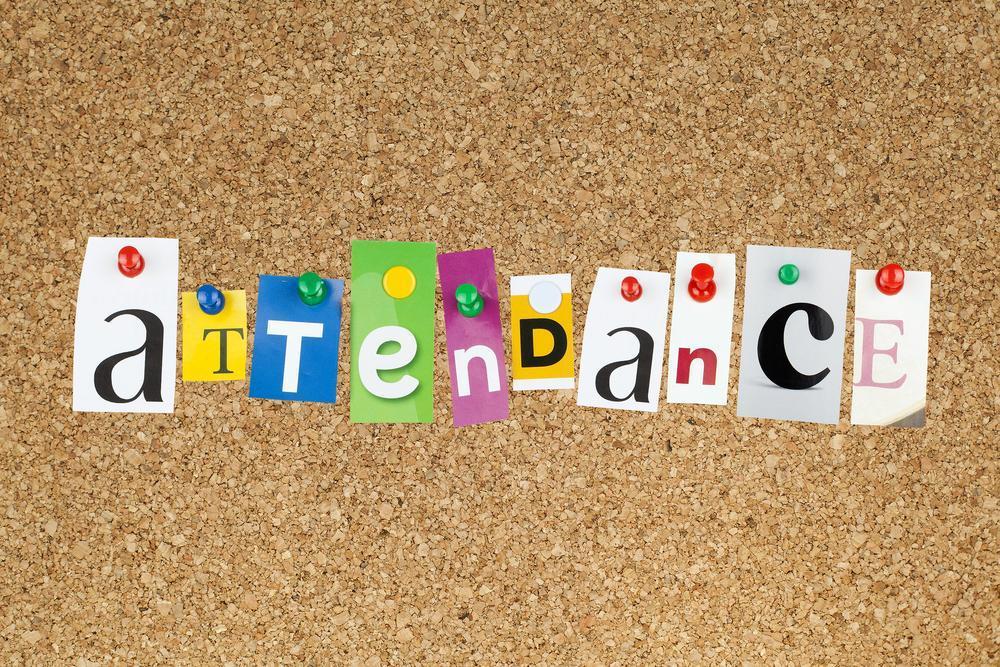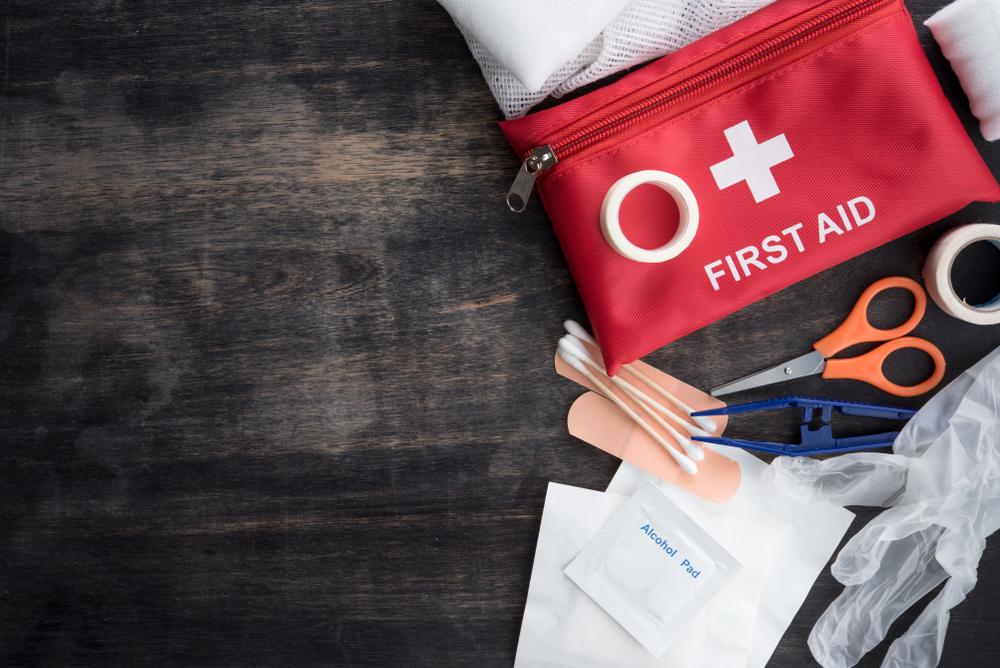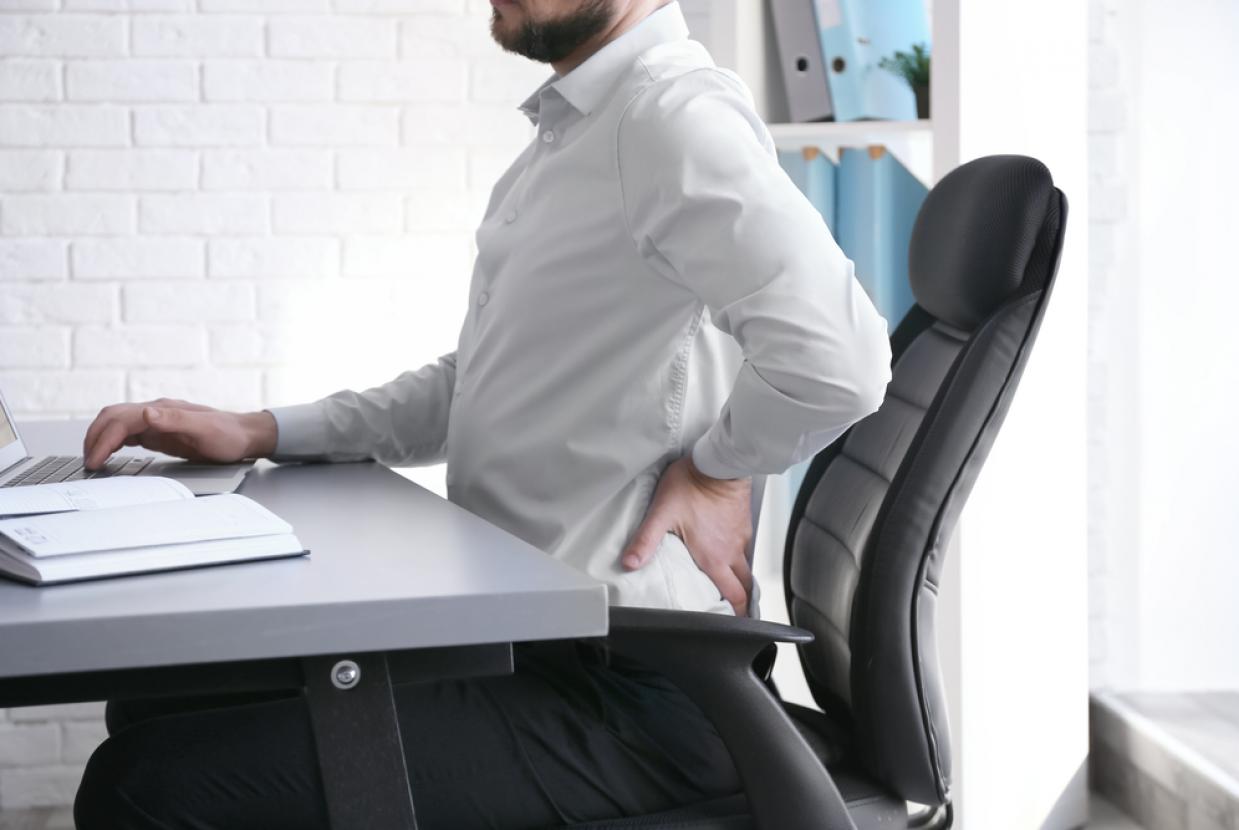Personal Protective Equipment (PPE)
Employers have duties concerning the provision and use of personal protective equipment (PPE) at work.
Personal protective equipment (PPE) at work
Employers should provide appropriate personal protective equipment (PPE) and training in its usage to their employees wherever there is a risk to health and safety.
PPE should be worn as a last resort. Whenever there are risks to health and safety that cannot be adequately controlled by other ways, the Personal Protective Equipment at Work Regulations require PPE to be worn.
What is PPE?
PPE is equipment that will protect the user against health and safety risks at work. It can include items such as safety helmets and hard hats, gloves, eye protection, high-visibility clothing, safety footwear and safety harnesses.
Can Employers charge for PPE?
An employer cannot charge employees for their PPE, whether it is returnable or not. This includes agency workers, if they are legally regarded as employees.
Assessing and choosing PPE
Employers should make a suitable and sufficient assessment of the risks to health and safety from exposure to the hazards within the workplace. For example, if there is a risk of objects falling from above then a safety helmet or a hard hat should be worn. If there is a risk of crushing, then safety boots should be worn to guard against broken toes.
The need for PPE must be identified through risk assessment. As with all risk assessments, those carrying them out must be competent to do so and have the necessary knowledge and experience of the methods of work.
In addition to identifying the need for PPE, it is essential that the right type of PPE is specified and provided. All new PPE must be CE marked. The CE mark signifies that the PPE satisfies certain basic, minimum safety requirements.
Training
Employers should make sure employees using PPE are made aware as to why it is needed, when to use it, how it can be replaced and who to report it to if the PPE is damaged.
Employers should train and instruct employees on how to use PPE properly and make sure they are doing this. Managers and supervisors should be included in the training to ensure they know how to use PPE correctly.
It is important that users wear PPE all the time they are exposed to the risk. Employers should never allow exemptions for those jobs which take “just a few minutes”.
Employers should regularly check that PPE is being used. Safety signs can be a useful reminder that PPE is required. Make sure that employees understand these signs, what they mean and where they can get PPE for visitors and contractors.
Maintenance
Employees should look after their PPE and employers should provide proper storage facilities when it is not being used for example a clean, dry store room or cupboard.
PPE should be kept clean and in good repair. Always follow the manufacturer’s maintenance schedule (including recommended replacement periods and shelf lives). Simple maintenance can be carried out by the trained wearer, but more detailed repairs should only be done by specialists. Replacement parts for PPE should match the original. It is also necessary to ensure that suitable replacement PPE is always readily available.
Noise hazards
Anyone working in the vicinity of a noisy machine will require ear defenders to be worn to protect their hearing.
Question - Can ear defenders be replaced with other ways to protect hearing?
Answer - Yes, it is always best to control the risk at source and not rely on PPE for protection.
The following are some means by which the risk of hearing loss can be reduced:
- position a noisy machine outside the workplace and away from workers
- surround machine in a sound absorbing enclosure
- ensure machines are maintained and serviced regularly
- purchase machines that are less noisy
PPE - key points
Consider whether there are ways other than using PPE to adequately control the risk. If not, ensure the the following points are taken into account:
- suitable PPE is provided
- PPE offers adequate protection for intended use
- those using PPE are adequately trained in its safe use
- PPE is properly maintained and any defects are reported
- PPE is returned to its proper storage after use


